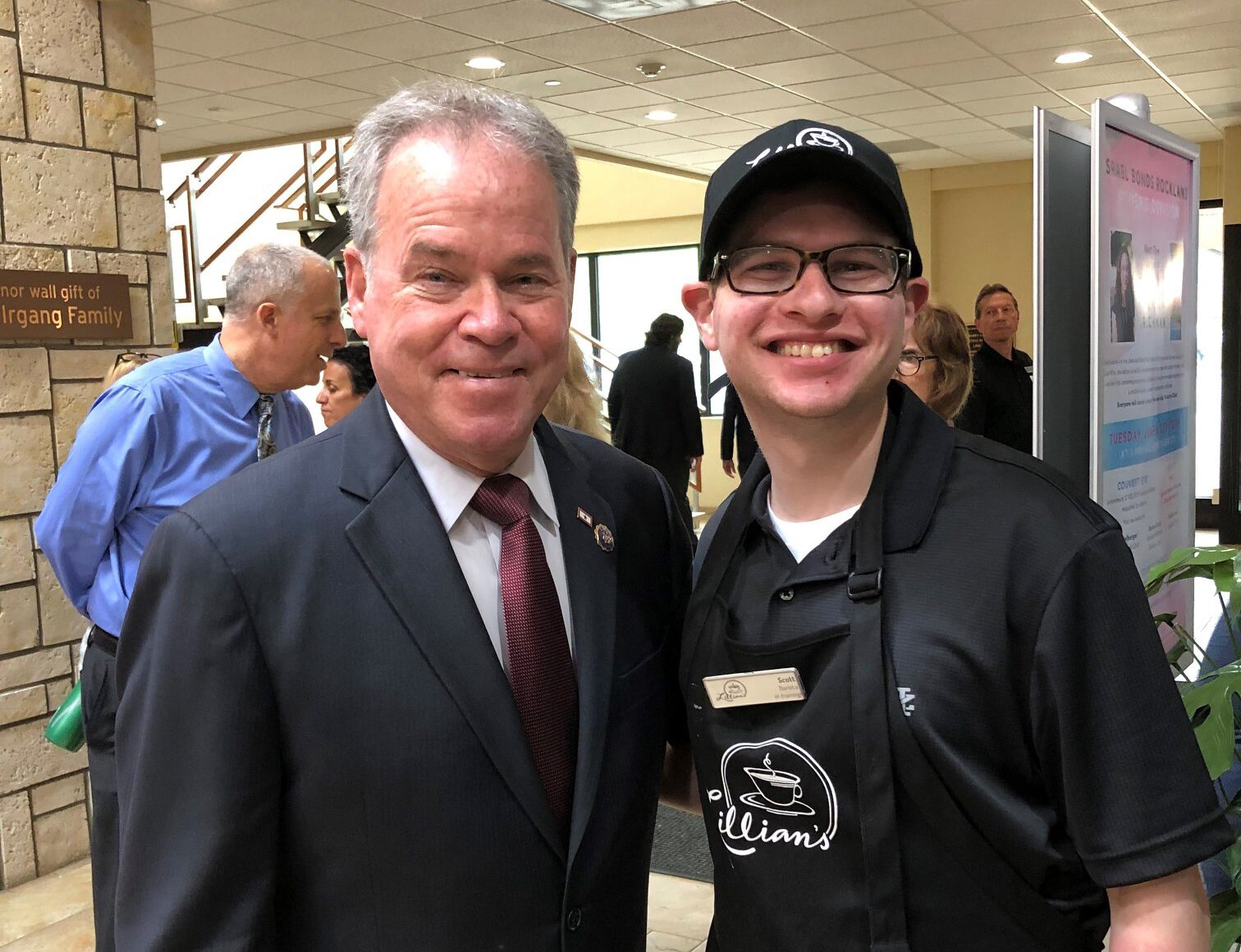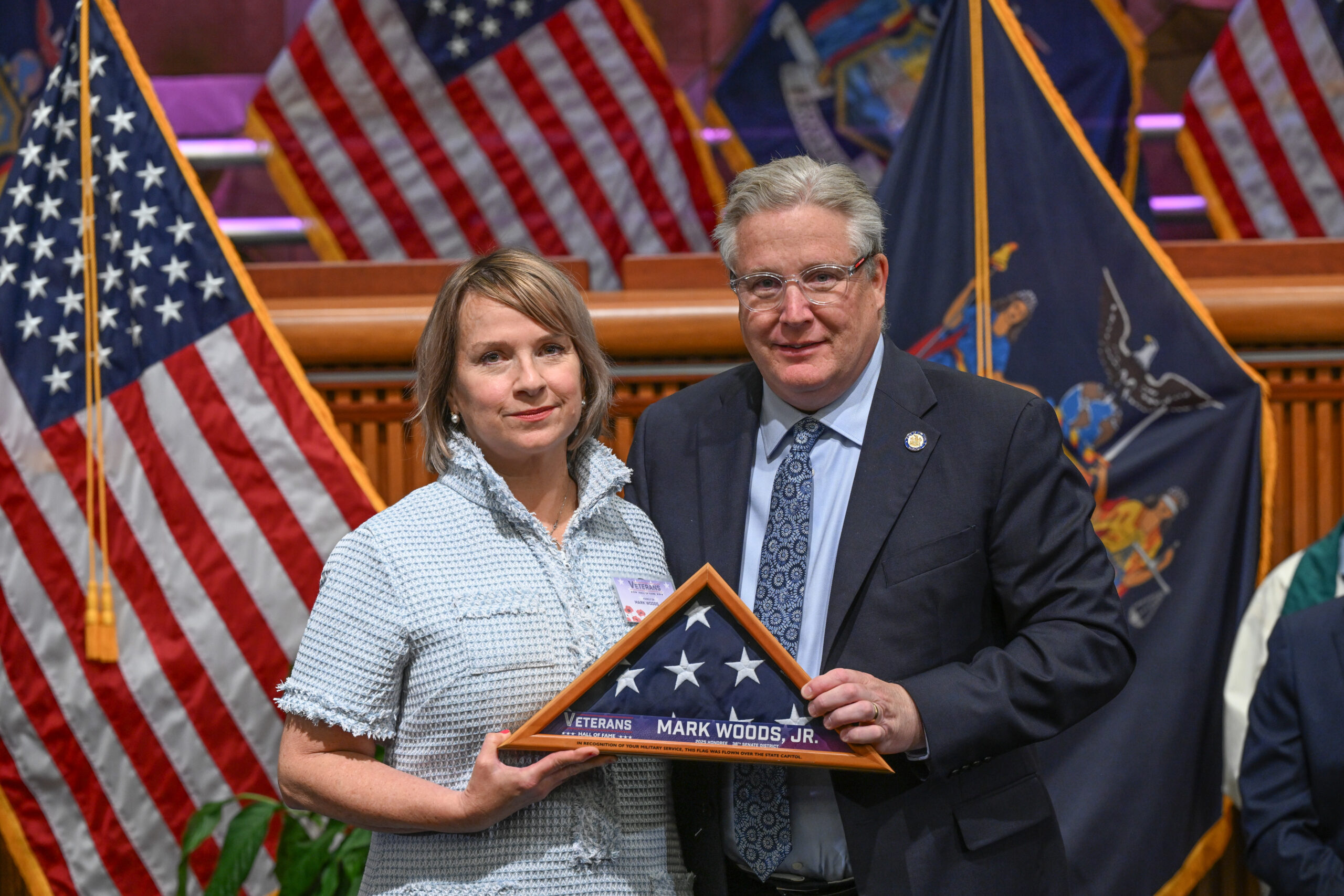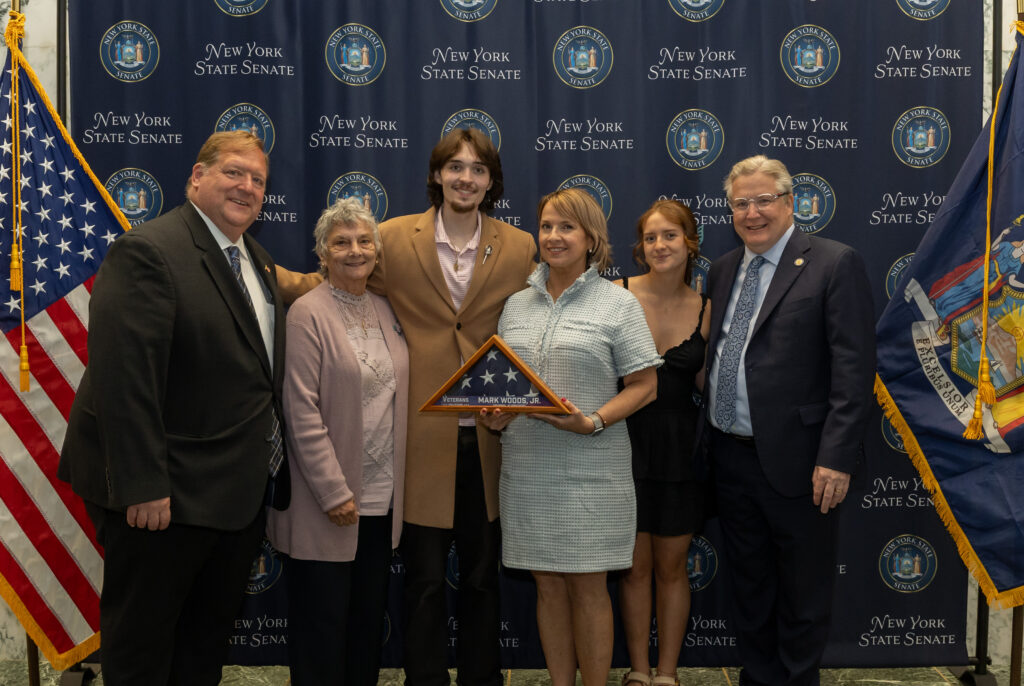ALBANY, NY – New York’s Empire State Supportive Housing Initiative (ESSHI) has not been meeting the needs of all the vulnerable New Yorkers it was created to serve, according to a new audit released today by New York State Comptroller Thomas P. DiNapoli. The audit found significant deficiencies in the New York State Office of Mental Health’s (OMH) oversight of ESSHI, which was launched in 2016 with the goal of developing 20,000 units of supportive housing by 2031 across the state for homeless individuals, including people with specific needs such as serious mental illness or disability. OMH serves as the lead procurement agency for ESSHI.
“The Empire State Supportive Housing Initiative was created to improve the availability of supportive and affordable housing for New York’s most vulnerable residents,” DiNapoli said. “Our audit found inadequate oversight and monitoring by the Office of Mental Health of its supportive housing unit conditions and the support services that residents were supposed to receive. OMH should act to ensure the supportive housing it oversees is safe and offers individuals access to the services they need to live as full and independently as possible.”
Since ESSHI’s launch, there have been 286 projects funded by OMH and other state agencies with 8,122 units that are active or in progress. OMH has contracted for 87 of these projects and has 66 with 2,087 units that are active and providing supportive housing, while 21 are in progress and could yield another 934 active units. New Yorkers who can live in ESSHI units may have serious mental illness, could be in treatment for addiction, were formerly incarcerated, were victims of domestic violence, were chronically homeless, or left the foster care system. Organizations or nonprofits participating in ESSHI can receive up to $25,000 per individual annually, which can go towards support services and rental assistance.
Auditors visited six providers’ ESSHI projects with 278 units from July 2017 to March 2023. They included: DePaul Community Services in Albany, Community Access in the Bronx, Buffalo Federation of Neighborhood Centers in Buffalo, Young Women’s Christian Association of Binghamton and Broome County in Binghamton, Concern for Independent Living on Long Island and Federation of Organizations in New York City. Auditors conducted unit inspections and found some inadequate conditions and critical health and safety issues. They also found that providers were not meeting program guidelines.
Poor Housing Conditions
Auditors found OMH did not adequately monitor supportive housing units. They found water leaks and mold, evidence of vermin, and deficient appliances at housing run by three of the six providers they inspected, and at four locations found damage to walls, chipped or peeling paint, and damaged or insufficient furniture.
Missing Residents
Auditors found two residents went missing at the Federation of Organizations in New York City for an extended period of time. After several months and prompted by the audit, the provider located the resident in a rehabilitation facility following a hospital stay. In the second case, staff hadn’t made contact with a resident for 4 months. The resident eventually contacted Federation officials but their whereabouts during the time they were missing were never disclosed.
Oversight of Compliance with Guidelines Needs Improvement
Each resident is supposed to have a support plan that details the services they need, but the audit found plans were often not given to residents within the first month, as required by OMH’s supportive housing guidelines. Further, case managers sometimes failed to make in-home visits or meet face-to-face with residents or verify their income. Auditors reviewed 61 residents’ files at providers visited and found:
- 38% of the initial support plans were not developed within 30 days;
- 38% of the annual income verifications were not performed;
- 12% of the in-home visits were not conducted; and
- 11% of the face-to-face meetings were not held.
Strengthen Oversight of Provider Work Plans
Contract work plans vary by provider. Auditors found that work plans did not always spell out attainable and measurable objectives, limiting OMH’s ability to track or measure progress. OMH also does not review program outcomes or evaluate providers against their work plans, despite them being included in the contract. OMH claims there is no requirement to use the provider’s work plan as an evaluation tool.
DiNapoli offered the following recommendations for OMH:
- Increase the frequency of OMH’s provider monitoring visits to ensure units are adequately maintained, provider performance is acceptable, and guidelines are met.
- Create and issue policies and procedures to field offices on monitoring and reviewing work plans to make sure providers comply with their contract requirements.
In its response to the audit, OMH generally agreed with the recommendations but took issue with several statements and characterizations made, noting that providers cannot require residents make use of services and that the COVID-19 pandemic prevented in-person visits from March 2020 to May 2023 when telehealth was in use.


 Police/Fire/EMS1 week ago
Police/Fire/EMS1 week ago
 Government1 week ago
Government1 week ago
 Community1 week ago
Community1 week ago
 Business1 week ago
Business1 week ago

















